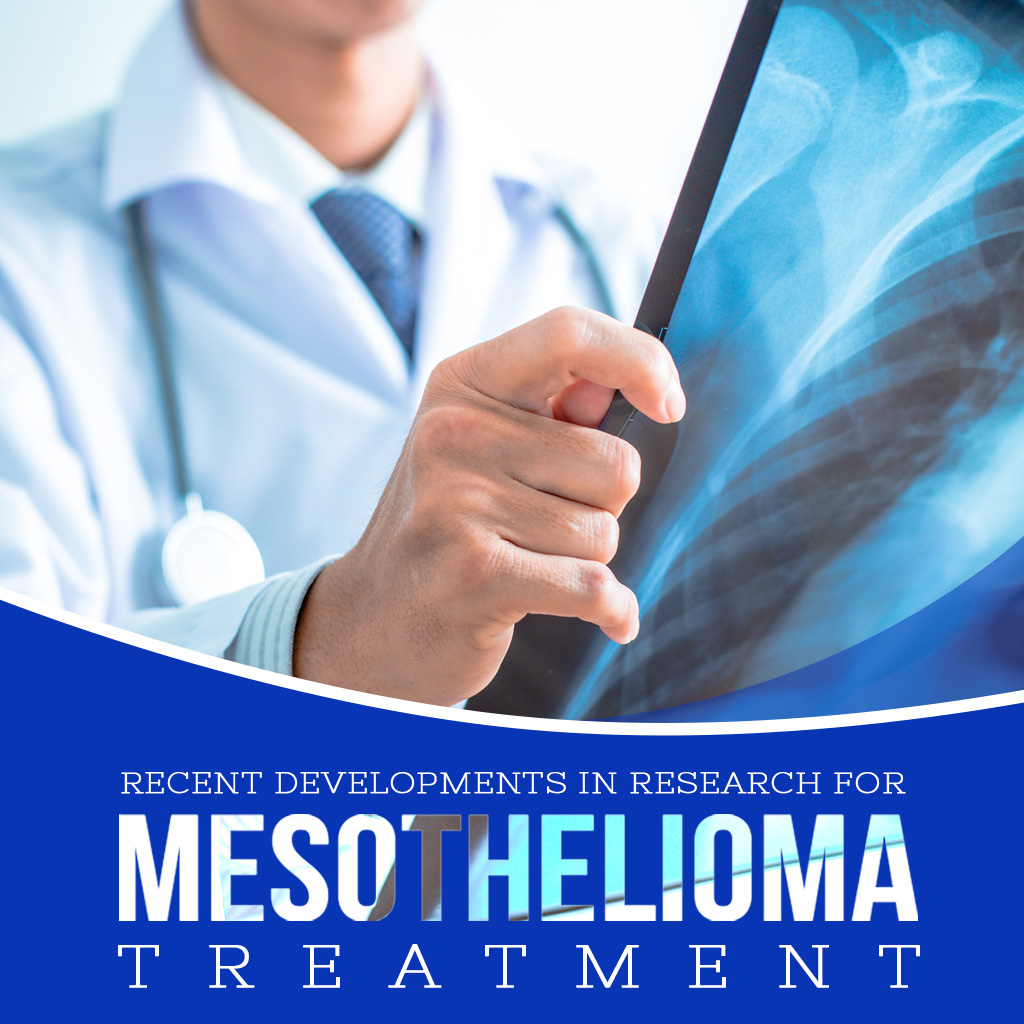Mesothelioma is a rare and fatal form of cancer triggered by exposure to asbestos. The disease usually develops in the protective lining of the lungs, abdomen or heart. The life expectancy for mesothelioma patients is poor because the disease remains to have no known cure and has a destitute prognosis.
The disease causes approximately 43,000 deaths per year, globally. Overall, Australia has the second-highest mesothelioma death rate in the world, having recorded more than 10,000 deaths since the early 1980s. Furthermore, an additional 25,000 people are expected to succumb to the disease within the next four decades.
The Australian Mesothelioma Registry reports that in 2014, 641 Australians died from mesothelioma. Approximately 80 percent of the number were men whose ages range from 70 to 79 years old. This figure only indicates the increasing disease toll over time.
Mesothelioma Treatments
Treatments for mesothelioma are similar to other types of cancer. These include surgery, chemotherapy and radiation. Studies show that combining two or more of these treatments, an approach known as multimodal therapy, improves survival rates.
Aside from conventional treatments, new therapy procedures are also being studied as part of clinical trials and may be available for patients who don’t respond to traditional therapies or are not eligible for surgery. These experimental studies open opportunities for researchers to test new drugs, therapies and different combinations of treatments.
To this day, clinical trials are becoming more available to patients in attempts to extend survival. These experiments pave the way for opportunities among researchers to test new drugs, therapies and different combinations of treatments.
Here, you will find the recent developments in research for mesothelioma treatment:
Gene Therapy
Gene therapy is an emerging treatment for mesothelioma which attempts to fix a problem with the genetic structure or function of a cell. Cancer is generally caused by a genetic malfunction or mutation that causes cells to multiply more rapidly than normal. This therapy works by replacing faulty genes in these cells with one that functions as they are supposed to.
There are many types of gene therapy available that could potentially treat mesothelioma. However, only a few have shown effectiveness. One genetic approach called gene transfer works by injecting foreign genetic material into cancer cells. This triggers certain effects like causing the so-called suicide genes to die when activated.
Immunotherapy
Immunotherapy is a treatment only available to mesothelioma patients through clinical trials. It induces the body’s immune system to attack cancer cells. One approach of this therapy is the cytokine gene therapy which uses modified viruses to deliver immune system molecules called cytokines to trigger the immune system to attack tumor cells.
Tremelimumab
One Australian clinical trial is investigating the value of tremelimumab, an immunotherapy drug, for mesothelioma patients who had a relapse after chemotherapy or who didn’t qualify for surgery. This antibody drug stimulates the immune system to help attack the cancer in patients.
Photodynamic Therapy
Photodynamic therapy uses light energy to activate a drug that targets and kills cancer cells. It is steadily developing into a feasible cancer treatment option and alternative to chemotherapy and radiation with fewer side effects. Recent studies on the effects of this therapy demonstrated that it could increase life expectancy particularly when used in combination with a surgery or chemotherapy.
Cryotherapy
Cryotherapy is a treatment that kills cancer cells by exposing them to extreme cold. It is widely used to treat certain types of cancer, but its efficiency with mesothelioma is still being tested. Currently, this treatment is being offered by some hospitals to mesothelioma patients on a palliative or curative basis. It can shrink tumors that press against the lungs and other organs, and may also offer long-term management for local recurrences of the cancer. This therapy only has few side effects, unlike other mesothelioma treatments.
Virotherapy
Virotherapy is an emerging safe and effective treatment option for malignant mesothelioma and other cancer patients. It uses genetically modified viruses or oncolytic (literally, “cancer killing) to attack cancer cells. These viruses are placed into the pleural space, where they can either infect and destroy cancer cells directly or cause the immune system to attack them. Currently, virotherapy for mesothelioma is only available through clinical trials.
Aside from therapies, patients diagnosed with mesothelioma can also undergo surgery. Doctors may recommend this as a potentially curative or as a palliative surgery. Mesothelioma specialists agree that it is the best option for long-term survival with this disease. However, while it could possibly extend survival, it is not recommended for all mesothelioma patients, especially if they are in poor health or are diagnosed at a late stage.
Did you find this article informative? Share this with your friends today!
Never miss a post and stay up-to-date with important news and updates by regularly visiting our blog.





